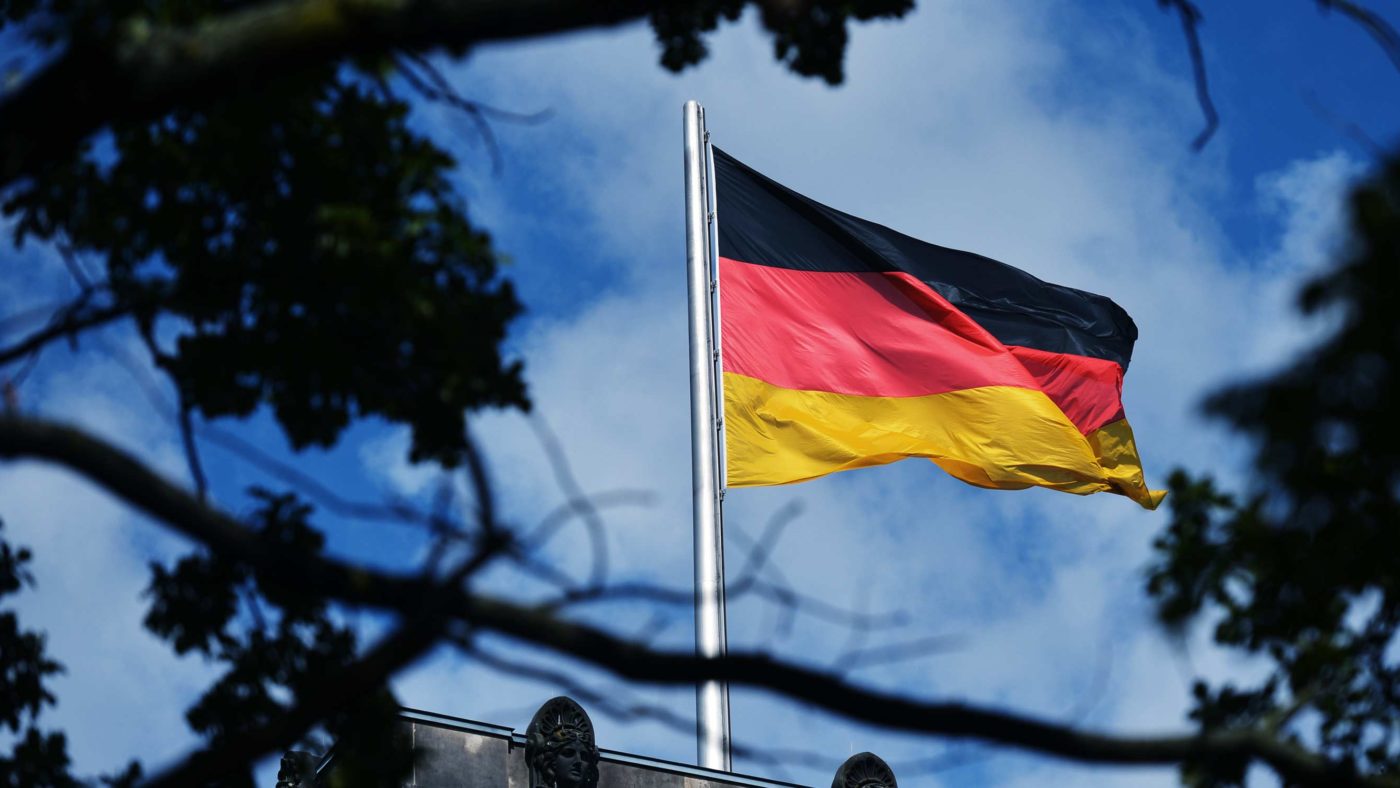At the beginning of the coronavirus crisis, it seemed as if Germany was coping better than the UK, the US and lots of other countries. Its testing system was feted by analysts in other countries wondering why their own governments could not match the fabled ‘German efficiency’.
In recent months, though, the exact opposite has been the case: the US and the UK have two of the world’s most successful vaccination campaigns, while Germany lags far behind. Beyond the well-publicised logistical issues around vaccine supply, there’s a deeper reason for Germany’s failings – its dysfunctional relationship with all things ‘national’.
Even the word “nation” is frowned upon by much of Germany’s political class, its intellectuals and media outlets. Anyone who insists that the government should put the interests of its own people first – for example in the procurement of vaccines – is immediately branded a “nationalist”. Angela Merkel’s government was very clear that it delegated vaccine procurement to the EU because of the almost paranoid fear of being labelled a “vaccine nationalist”. Governments in the UK and US had no such fear.
The result: although one of the first Covid-19 vaccines was developed by the German company BioNTech (and funded with hundreds of millions of euros by German taxpayers), there is now less vaccine available in Germany than in many other countries.
The problems Germany faced during the refugee crisis of 2015/2016 had the same cause. Here, too, the Merkel government’s actions (or failures to act) owed much to its disturbed relationship with the nation. This went so far that Angela Merkel publicly declared that she could not even protect the borders of her own country.
The fight against organised crime, too, has frequently failed because of the paranoid fear that anyone who takes a tough line could be branded “xenophobic” (and thus a “nationalist”). As a result, the crimes committed by large Arab clans, who dominate organised crime in many German cities, were largely hushed up for many years. This has only recently changed – but decades have been lost in the fight against organised crime and that is why Germany is struggling to get to grips with the problem today.
German megalomania
At the same time, this complex is linked to a distinctly German megalomania, an almost grandiose hubris. Nowhere is this more evident than in the fight against climate change. Although Germany is responsible for only 2% of global CO2 emissions, you could be forgiven for thinking that what Germany does will determine the fate of our entire planet. Many German politicians explicitly declare that Germany should be the role model for every other country in the world.
This all has echoes of the old slogan “Am deutschen Wesen mag die Welt genesen” (“By German values shall the world be healed”), which was originally coined in a poem, Deutschlands Beruf, by Emanuel Geibel in 1861. A variation on the same slogan was later employed by Germany’s political leaders, including Kaiser Wilhelm II.
The German claim to be a role model for the whole world in energy policy is all the more ridiculous because, from an outside perspective, Germany has adopted what the Wall Street Journal calls the “world’s dumbest energy policy”
Germany is proud of its programme to decommission both nuclear and coal-fired power plants, even though nuclear energy is one of the most climate-friendly energy sources and many renowned scientists are convinced that climate change cannot be solved without more nuclear power plants. As a result of irrational energy policies, electricity prices in Germany are now the highest in the world. One kilowatt hour costs 31 cents, while in neighboring Poland the price is just 13 cents – making Germany a cautionary tale at best.
The refugee crisis further confirmed the folly of the missionary claim that “by German values shall the world be healed”. Angela Merkel sincerely believed that she could get the whole of Europe to agree to open its borders. That, of course, was not the case. Like dominoes, one country after another closed its borders to illegal immigrants and Germany was left entirely isolated with its refugee policy.
The same naive expectation that other countries would simply follow Germany’s lead has also been evident throughout the coronavirus crisis. Germany and the German EU Commission President, Ursula von der Leyen, were deeply disappointed to realise that the British and American governments put their own countries’ interests first – a dangerous manifestation of unbridled “nationalism” from the German point of view. In life, however, disappointment is often preceded by self-deception. And in this case, it was recklessly naive to assume that other countries’ governments would also put protecting their own people at the bottom of the agenda.
Click here to subscribe to our daily briefing – the best pieces from CapX and across the web.
CapX depends on the generosity of its readers. If you value what we do, please consider making a donation.


